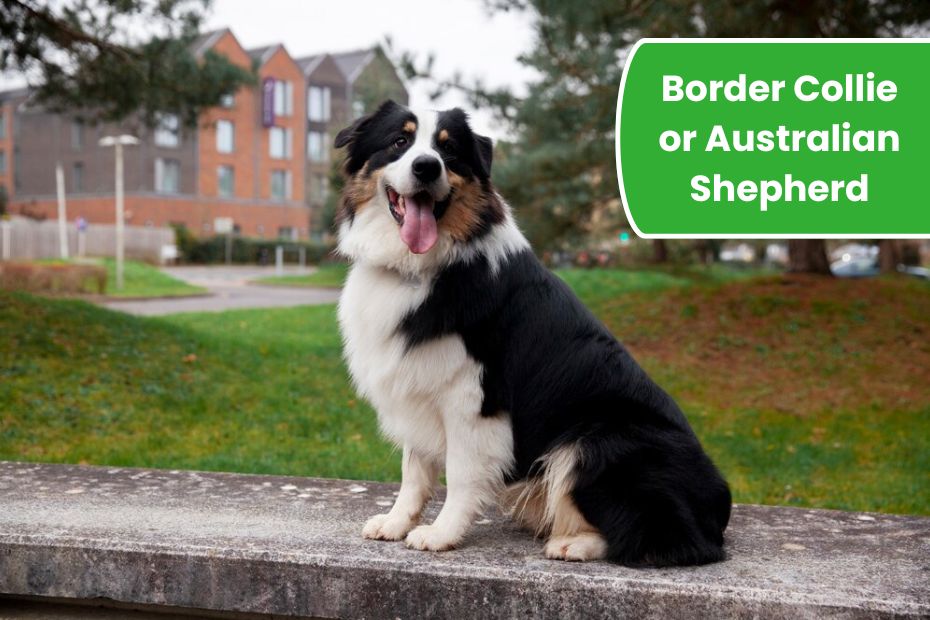Dogs are beloved companions that bring joy, loyalty, and love into our lives. While every dog is special, some breeds tend to live longer than others, allowing pet owners to share more precious years with their furry friends. Understanding which breeds have the longest lifespans, and how to care for them, can help you make an informed decision when adopting or caring for a dog.
This article explores the longest living dog breeds, their unique characteristics, and essential tips to ensure they live a healthy and happy life.
Why Do Some Dog Breeds Live Longer?
The lifespan of a dog depends on various factors including genetics, size, diet, exercise, and healthcare. Generally, smaller breeds live longer than larger ones. This is largely because larger dogs age faster and are more prone to certain health issues like heart disease and joint problems.
Breed-specific traits also influence longevity. For example, some breeds are genetically predisposed to fewer health problems, while others require more care and attention. Proper diet, regular exercise, and preventive veterinary care play crucial roles in maximizing a dog’s lifespan.
Top Longest Living Dog Breeds
1. Chihuahua – Lifespan: 14 to 18 years
Chihuahuas are one of the smallest dog breeds but are packed with personality and energy. Their long lifespan is attributed to their small size and relatively low risk of genetic diseases. These dogs are perfect for apartment living and require moderate exercise. Their affectionate nature makes them excellent companions.
2. Dachshund – Lifespan: 12 to 16 years
Known for their distinctive long bodies and short legs, Dachshunds are lively and courageous dogs. Their small to medium size allows them to live long, healthy lives when given proper care. Dachshunds need regular exercise to avoid obesity and joint problems.
3. Toy Poodle – Lifespan: 14 to 18 years
Toy Poodles are intelligent and easily trainable dogs. Their longevity is supported by their good genetic health and active lifestyle. These dogs require mental stimulation and physical exercise to stay healthy. Regular grooming is also essential due to their curly coats.
4. Shih Tzu – Lifespan: 10 to 16 years
The Shih Tzu is a small breed known for its luxurious coat and friendly demeanor. Their long lifespan is supported by regular grooming, a balanced diet, and routine veterinary care. Shih Tzus are excellent indoor dogs and thrive on companionship.
5. Jack Russell Terrier – Lifespan: 13 to 16 years
Energetic and lively, Jack Russell Terriers are small dogs that enjoy plenty of physical activity. Their lifespan is often longer due to their robust health and active lifestyle. They require consistent training and exercise to keep their minds and bodies sharp.
6. Australian Cattle Dog – Lifespan: 12 to 16 years
This medium-sized herding dog is known for its stamina and intelligence. Australian Cattle Dogs often live longer than other medium breeds due to their active lifestyle and strong genetics. They require plenty of exercise and mental challenges.
7. Maltese – Lifespan: 12 to 15 years
Maltese dogs are affectionate, playful, and known for their silky white coats. Their small size and relatively low health risks contribute to their longevity. Maltese dogs benefit from daily walks and regular grooming.
How to Help Your Dog Live a Longer Life
Balanced Nutrition
Feeding your dog a high-quality diet tailored to their age, size, and breed is critical. Nutrient-rich foods help maintain a healthy weight, improve coat condition, and boost the immune system.
Regular Exercise
Exercise keeps dogs physically fit and mentally stimulated. For breeds prone to obesity, maintaining an active lifestyle is key to preventing weight-related diseases.
Preventive Healthcare
Routine veterinary visits, vaccinations, parasite control, and dental care are essential for early detection and prevention of health issues.
Mental Stimulation
Engaging your dog with training, puzzle toys, and social interactions supports cognitive function and emotional wellbeing.
Safe Environment
Creating a safe and stress-free living space helps reduce accidents and anxiety, contributing to overall health.
Signs of Aging in Dogs and When to See a Vet
As dogs age, they may experience slower movement, graying fur, dental issues, and changes in appetite or behavior. If you notice sudden lethargy, difficulty walking, excessive thirst, or changes in bathroom habits, consult your veterinarian promptly. Early intervention can improve quality of life.
Conclusion
Choosing a dog breed known for longevity can increase your chances of sharing many wonderful years with your companion. Smaller breeds like Chihuahuas, Toy Poodles, and Dachshunds are notable for their extended lifespans, but proper care is essential for all dogs to thrive.
By focusing on balanced nutrition, regular exercise, preventive healthcare, and mental stimulation, you can help your dog enjoy a long, healthy, and happy life.
FAQ’s
Q1: Which dog breed lives the longest on average?
A1: Chihuahuas and Toy Poodles typically have some of the longest lifespans, often living up to 18 years or more.
Q2: Do small dogs generally live longer than large dogs?
A2: Yes, smaller breeds tend to have longer lifespans compared to larger breeds due to slower aging and fewer health complications.
Q3: How can I increase my dog’s lifespan?
A3: Providing balanced nutrition, regular exercise, preventive veterinary care, and mental stimulation can help extend your dog’s life.
Q4: Are mixed breed dogs likely to live longer?
A4: Mixed breed dogs often benefit from genetic diversity which can reduce the risk of inherited diseases, potentially leading to longer lifespans.
Q5: What health issues shorten the life of certain dog breeds?
A5: Common issues include heart disease, hip dysplasia, obesity, cancer, and dental problems, especially in larger or genetically predisposed breeds.
